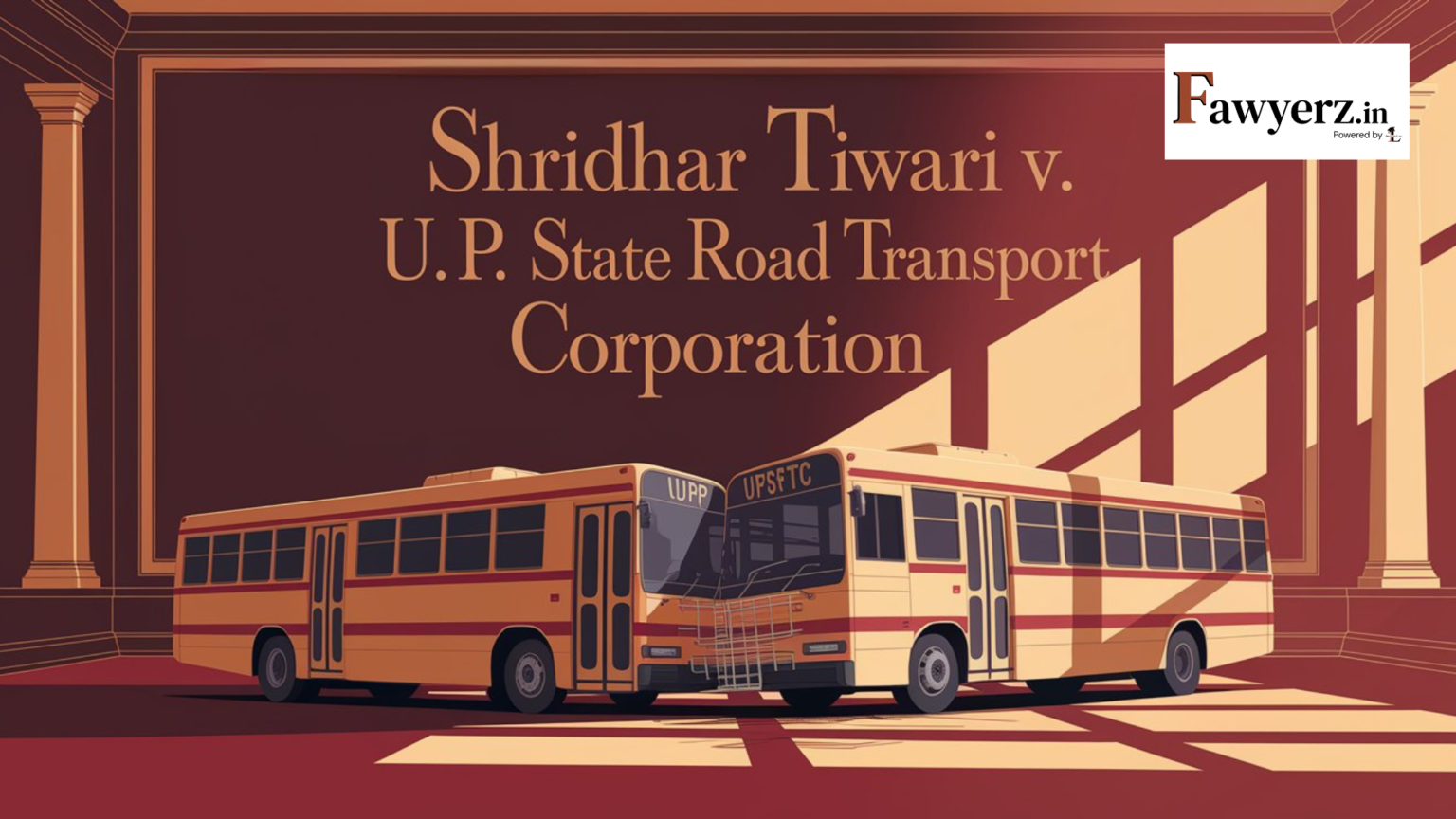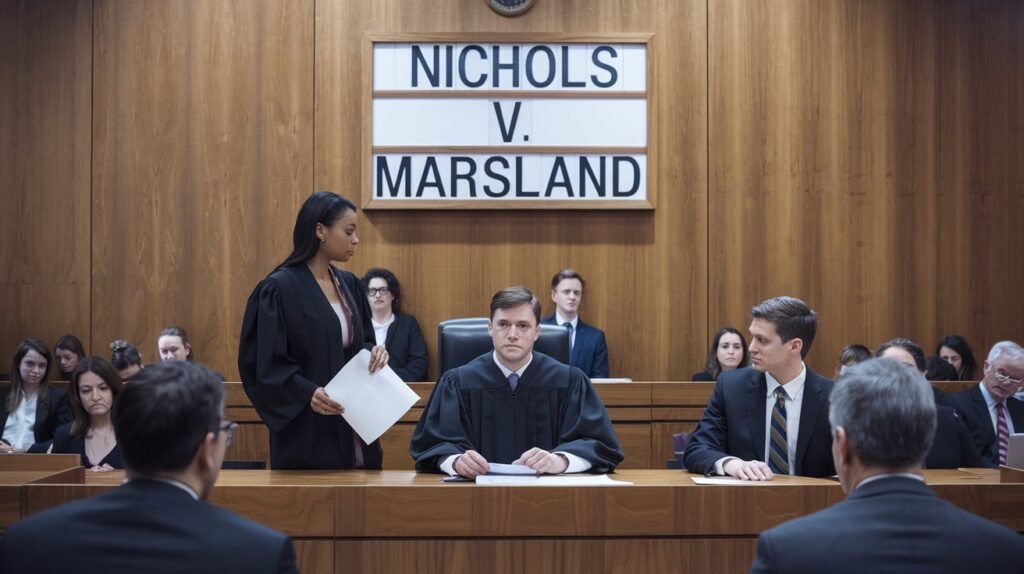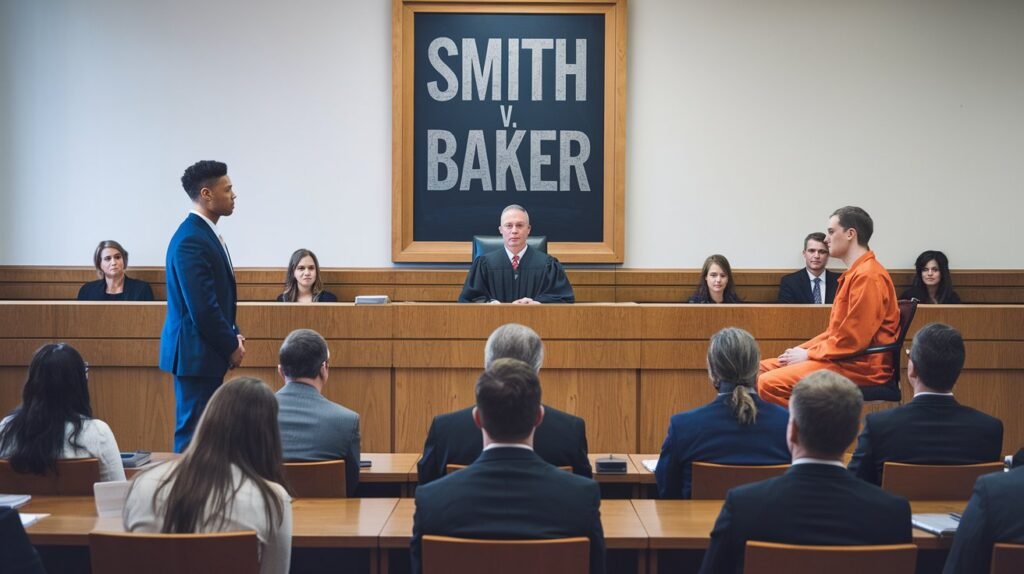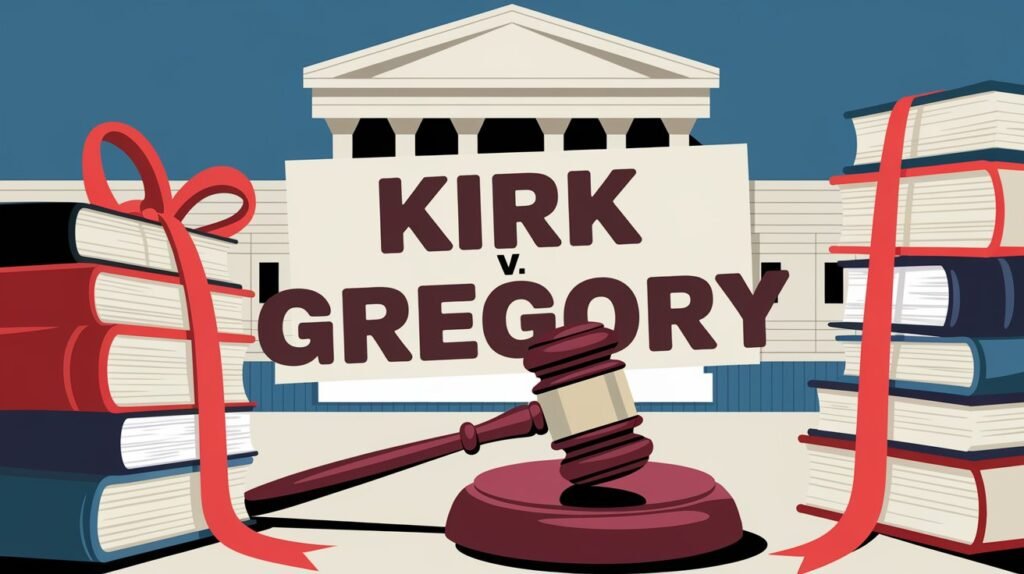Shridhar Tiwari v. U.P. State Road Transport Corporation 1985 (Case Summary)

In this case, the Hon’ble Allahabad High Court addressed a claim for compensation under the Motor Vehicles Act 1988. Shridhar Tiwari, the plaintiff contended that he was injured in a collision between two UPSRTC buses and sought damages. However, the court relied on the principle of inevitable accident and dismissed the case.
Table of Contents
ToggleFacts of Shridhar Tiwari v. U.P. State Road Transport Corporation
- On 31st August 1975, Shridhar Tiwari claimed that he was traveling in a UPSRTC Bus.
- There was an accident between 5-6 PM near village Pratappur due to a sudden appearance of a cyclist in front of the bus.
- Due to the wet road, another UPSRTC Bus coming from the opposite direction, collided with the rear portion of Bus.
- Shridhar Tiwari claimed to have been injured in the accident, suffering a double fracture of his left forearm and mental shock. He sought compensation of Rs. 25,000/- from UPSRTC as damages.
- The U.P. State Road Transport Corporation contested the claim and denied the presence of claimant in the bus and asserted that the accident was not caused due to the negligence of their driver because the road was wet and both the buses were being driven at a moderate speed.
Issues framed
- Whether the claimant was traveling in the UPSRTC Bus at the time of the accident?
- Whether the accident was caused due to the rash and negligent driving of any of the two buses by the employees of UPSRTC or was it an inevitable accident?
- Whether UPSRTC can be held liable to pay damages to the claimant?
Subordinate Court Judgment
The Motor Accident Claims Tribunal, Mainpuri dismissed Shridhar Tiwari’s claim, finding that he was not on the bus and that the accident was not due to negligent driving.
Aggrieved by the order passed by the Motor Accident Claims Tribunal, Mainpuri, the Claimant (Shridhar Tiwari) appealed to the Hon’ble Allahabad High Court.
Judgment of Shridhar Tiwari v. U.P. State Road Transport Corporation
The Allahabad High Court applied the principle of inevitable accident which states that if an event occurs due to circumstances beyond human control and without negligence, any liability cannot be imposed.
The court found that the driver acted reasonably and the situation was unavoidable and there was no evidence of negligence as in an attempt to avoid hitting the cyclist, the bus driver applied brakes, leading to the skidding of the bus and the collision. The court assessed the credibility of witnesses and the reliability of documentary evidence, such as the accident report and ticket. The Court noted discrepancies in Shridhar Tiwari’s testimony and those of his witnesses, which undermined his claim.
The Court upheld the Tribunal’s decision, holding that firstly, the evidence on record shows that Shridhar Tiwari was not on the bus and secondly, that the accident was not caused by negligence and the diver acted reasonably. The accident was deemed an ‘inevitable accident’ due to a cyclist suddenly appearing before the bus on a wet road, leading to the bus skidding and colliding with another bus. The Claimant’s appeal was dismissed with costs.





